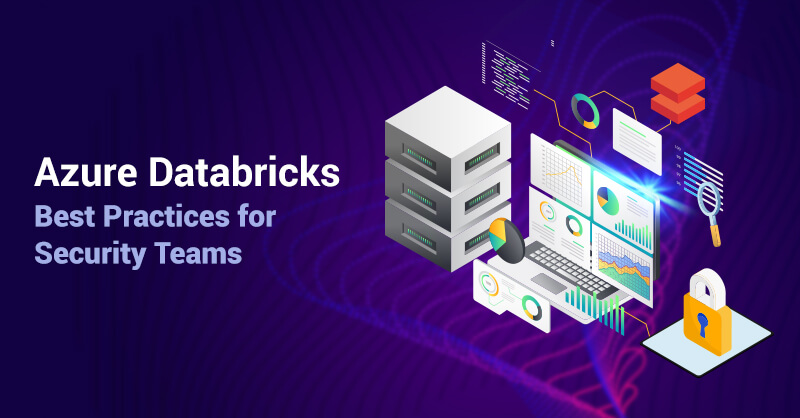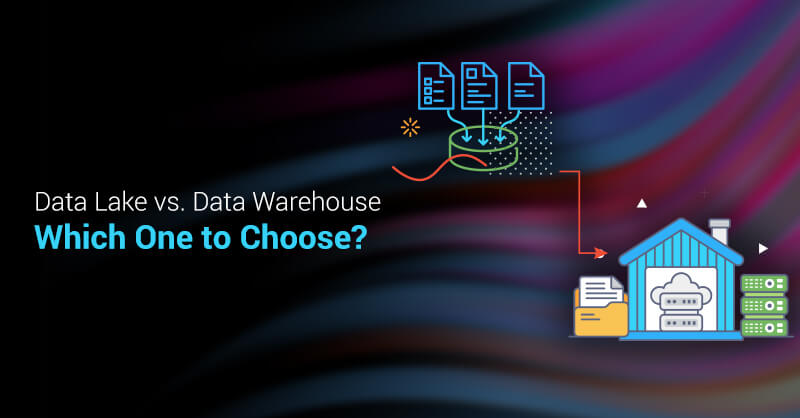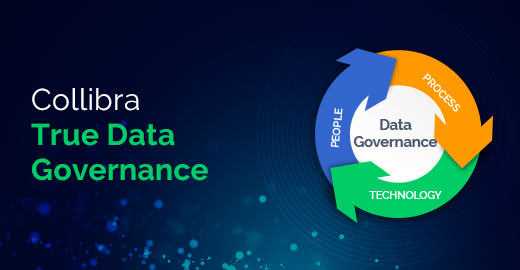Elasticsearch & Master Data Management
Elasticsearch is an open-source, distributed search & analytics engine. We can send data in the form of JSON documents to Elasticsearch using the API. Elasticsearch spontaneously stores the original document and adds a searchable reference to the document in the cluster’s index. We can then search and retrieve the document using the Elasticsearch API. We can also use Kibana, an open-source visualization tool, with Elasticsearch to visualize our data and build interactive dashboards.

Why use Elasticsearch?
The products that require e-commerce and search engines with massive databases are facing issues such as delay in product information retrieval. This leads to an inadequate user experience and in turn disappoints potential customers.
Elasticsearch depends on flexible data models to create and update visitor profiles to fulfill the challenging workloads and low latency needed for real-time engagement.
Elasticsearch Benefits
1. Fast Time-To-Value
Elasticsearch provides simple REST-based APIs, a simple HTTP interface, and utilizes schema-free JSON documents, making it easy to get started and speedily build applications for a variety of use-cases.
2. High Performance
The distributed nature of Elasticsearch empowers it to process large volumes of data in parallel, quickly finding the best matches for your queries.
3. Complimentary Tooling And Plugins
Elasticsearch comes amalgamated with Kibana, an accepted visualization and reporting tool. It also provides integration with Beats and Logstash, while enabling us to effortlessly modify source data and load it into your Elasticsearch cluster. We can also use a number of open-source Elasticsearch plugins such as language analyzers and suggesters to add rich functionality to our applications.
4. Near Real-Time Operations
Elasticsearch operations for example reading or writing data normally take less than a second to complete. This lets us use Elasticsearch for near real-time use cases such as application monitoring and anomaly detection.
5. Easy Application Development
Elasticsearch provides support for numerous languages including Python, PHP, Java JavaScript, Node.js, Ruby, and many more.
Master Data Management
MDM is a united, adaptable and scalable platform that offers the efficient management of master data, giving us a single point of truth for business-critical data. It helps business initiatives through identification, linking and syndicating of information across products, stores/locations, customers, employees, suppliers, digital assets and more.

MDM overcomes the below primary challenges:
1. Data silos and several versions of our data.
2. Data errors resulting from manual entry and maintenance.
Master Data Management Capabilities & Benefits
MDM links and shares data from all our systems, including CRM, ERP, E-commerce and more. It permits us to create a 360-degree view of our data. We can learn everything from the buying history of our customers to product availability and supplier interaction.
MDM allows us to:1. Focus our product, service and business efforts on the things that increase sales.
2. Offer a highly personal service and engagement experience.
3. Avoid unprofitable activities that drain time and resource.
MDM provides core data capabilities that connect and give information to every point in the business. We can truly transform our business strategies because we have high-quality data dispersed enterprisewide.
MDM allows us to:- COLLECT - Merge data from isolated systems to produce a complete picture.
- CLEANSE - Generate faultless, well-structured data that is easy to use in other systems.
- PROFILE - Link entities to create new information.
- SHARE - Collaborate to reduce inconsistencies and improve integration.
- PROTECT - Know where our data is to make it easier to secure.
Royal Cyber
Royal Cyber has seasoned Elasticsearch and MDM consultants to guide you. For more information on our expertise, please check the below link



